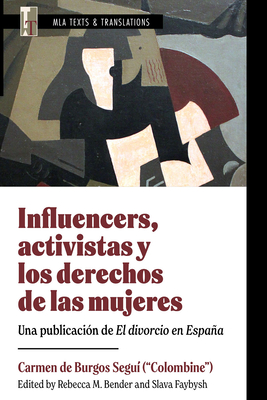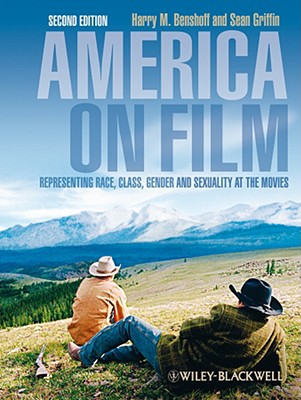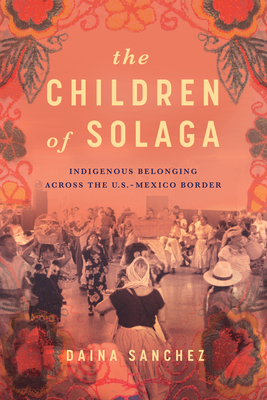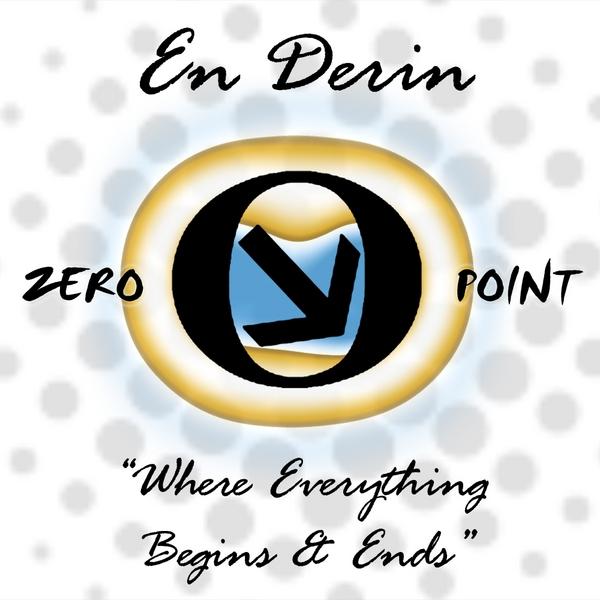
Pensado, Jaime M.
product information
description
multiple and mostly unknown ways progressive and conservative Catholic actors, such as priests, lay activists, journalists, intellectuals, and filmmakers, responded to the significant social and cultural shifts that formed competing notions of modernity in Cold War Mexico. Jaime M. Pensado demonstrates how the Catholic Church as a heterogeneous institution--with key transnational networks in Latin America and Western Europe--was invested in youth activism, state repression, and the counterculture from the postwar period to the more radical Sixties. Similar to their secular counterparts, progressive Catholics often saw themselves as revolutionary actors and nearly always framed their activism as an act of love. When their movements were repressed and their ideas were co-opted, marginalized, and commercialized at the end of the Sixties, the liberating hope of love often turned into a sense of despair.
member goods
No member items were found under this heading.
Return Policy
All sales are final
Shipping
No special shipping considerations available.
Shipping fees determined at checkout.







